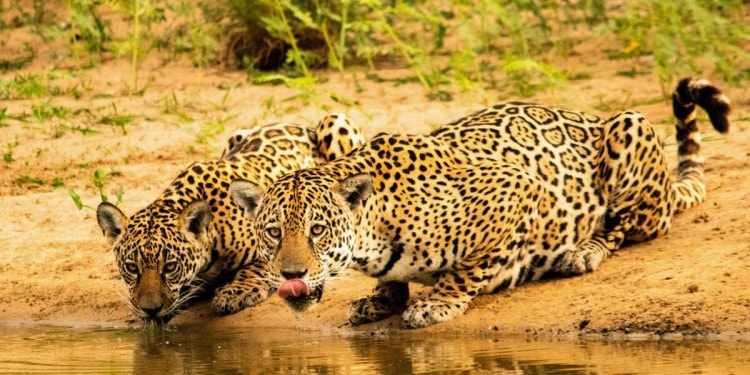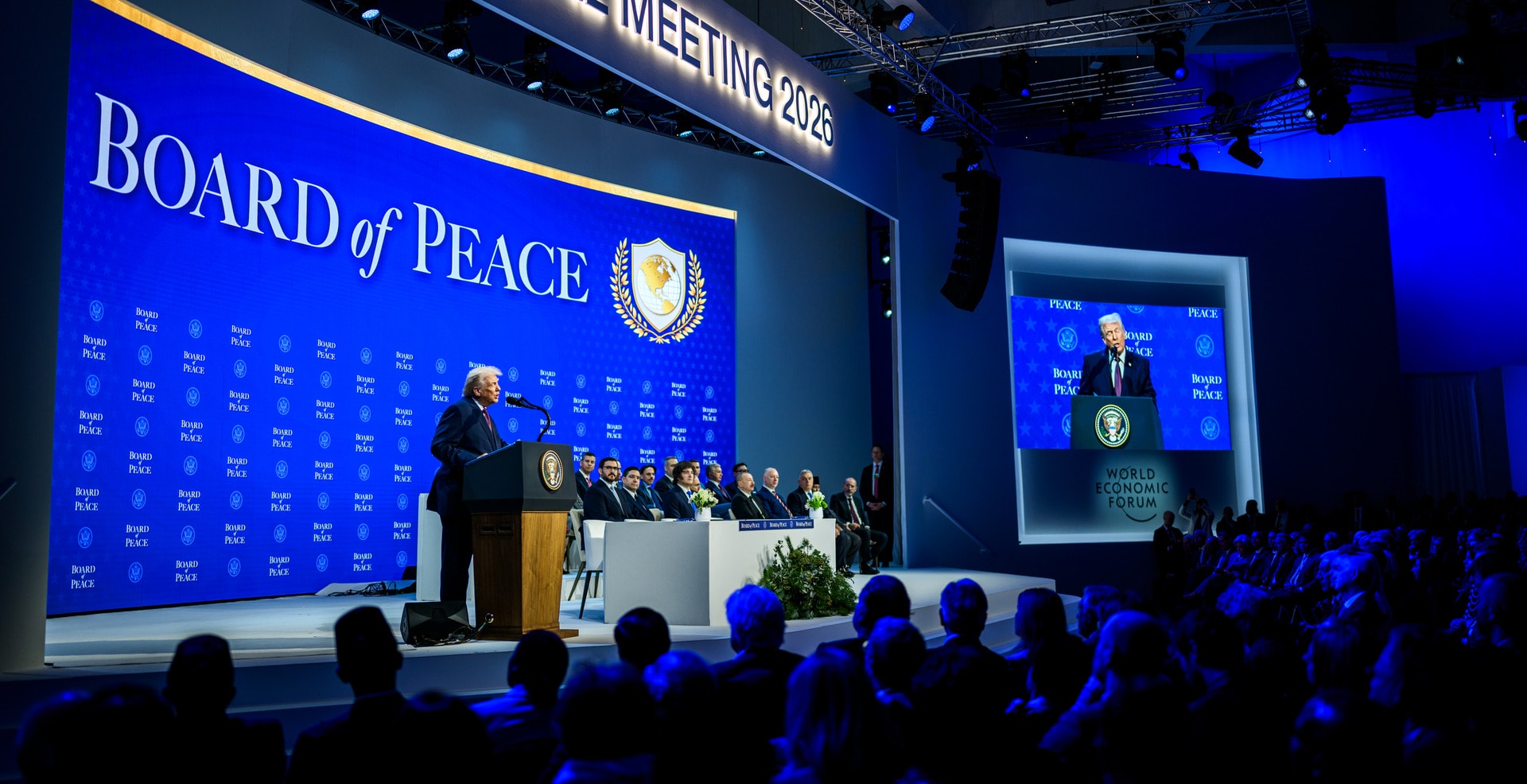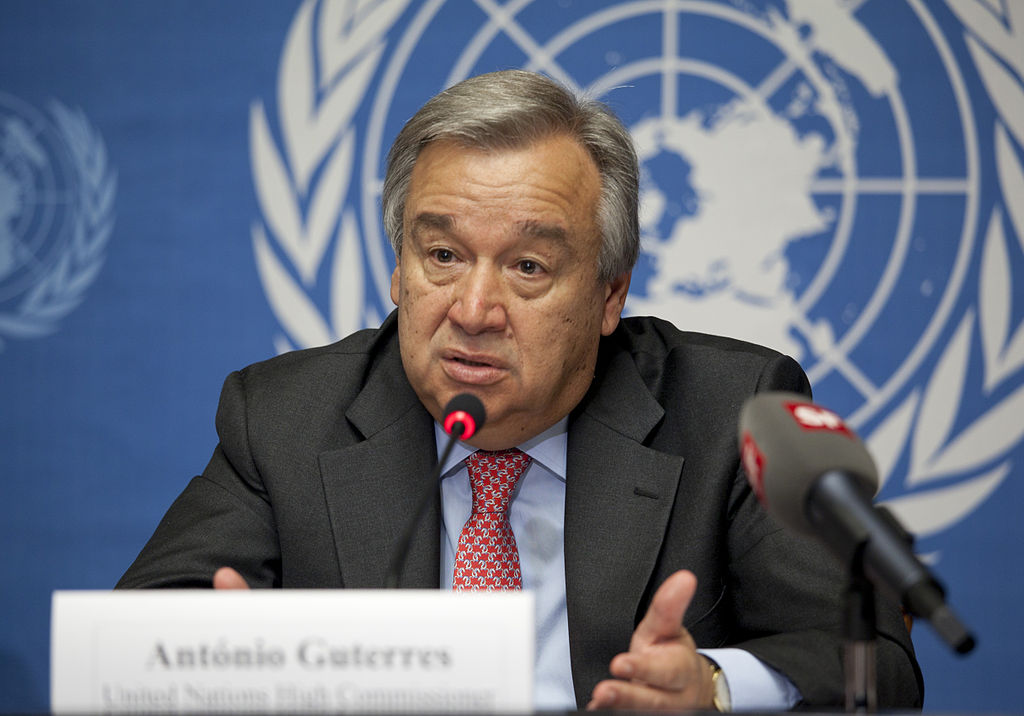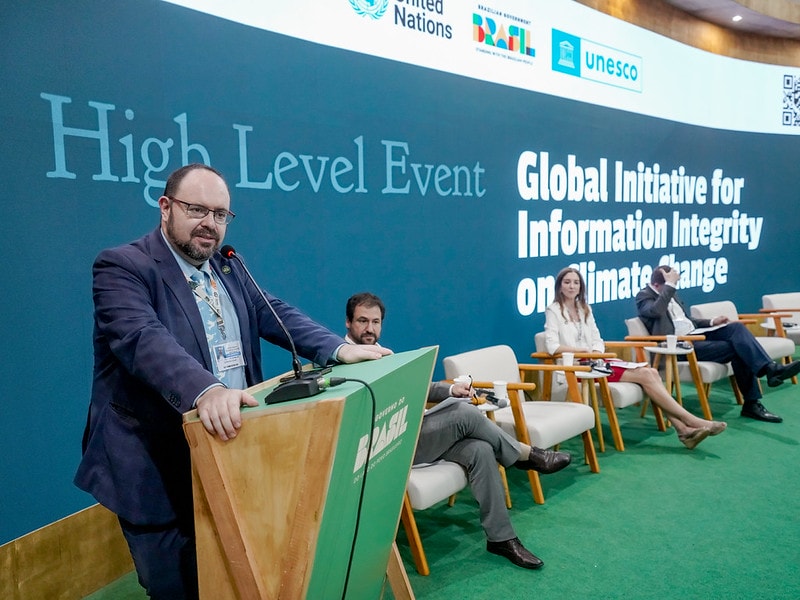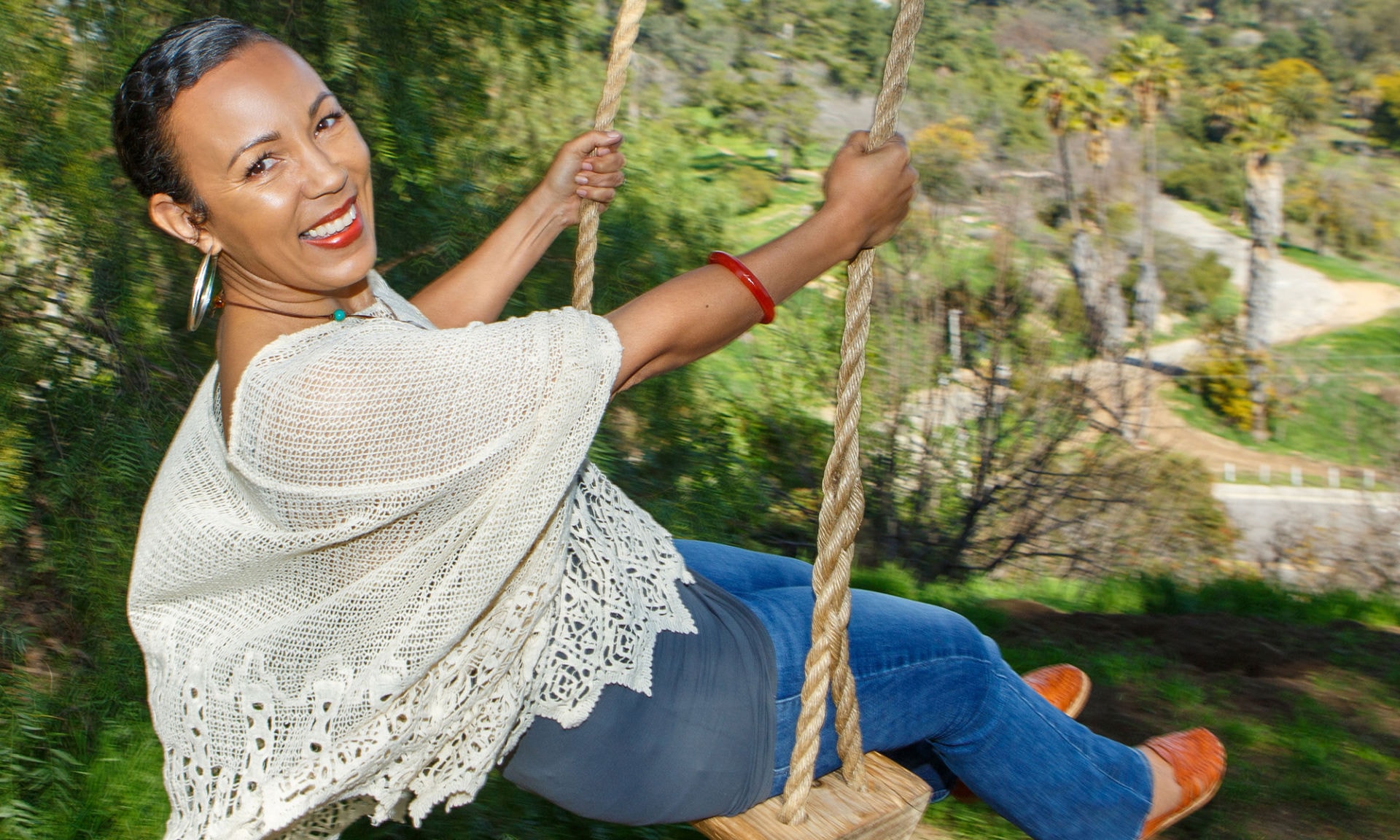The first-ever UN Summit on Biodiversity took place virtually on Wednesday, Sept. 30, with a record number of nearly 150 countries attending. World leaders, including 72 Heads of State and Government, and prominent conservation figures alike all voiced recognition of the world’s catastrophic loss of biodiversity, and the risk this poses to human health and livelihoods. The leaders addressed the lack of sufficient action over the last decade and stressed the urgent need for more direct groundwork to combat biodiversity loss.
Pandemics, wildfires, wildlife decline and climate change are all symptoms of our dangerously unbalanced relationship with the natural world.
— Marco Lambertini, Director-General of WWF-International
The landmark summit followed major reports revealing the true scale of nature loss that is occurring and its impacts on human health and livelihoods. Most notably, it followed WWF’s recent Living Planet Report that revealed global populations of mammals, birds, amphibians, reptiles, and fish suffering an average two-thirds decline in less than 50 years.
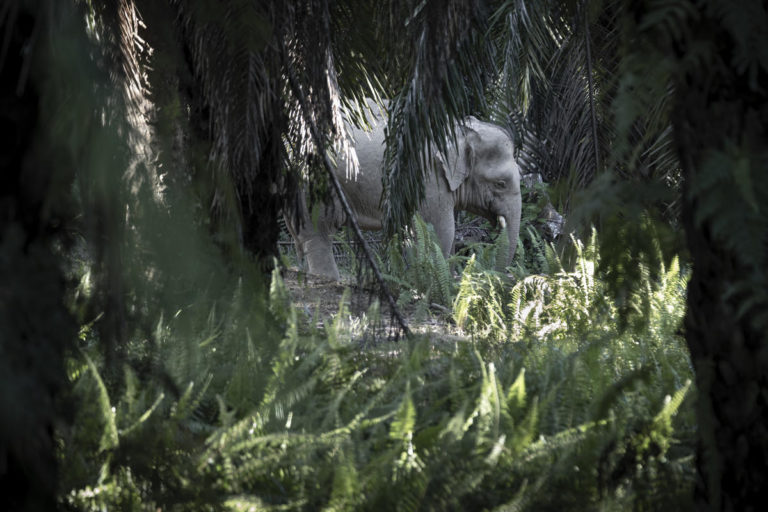
The link between the destruction and degradation of nature and global pandemics was emphasized as UN Secretary-General António Guterres highlighted humanity’s place in nature’s “fragile web,” warning that one consequence of this imbalance was the “emergence of deadly diseases such as HIV-AIDS, Ebola, and now COVID-19, against which we have little or no defence.”
With the summit coming just days after the landmark decision on a Leaders’ Pledge for Nature — committing to reverse biodiversity loss and protect 30% of land and seas by 2030 — received backing from 74 world leaders, it appears that the recent grassroots push from organizations calling for urgent action to reverse biodiversity loss has gained much-needed momentum.
WWF called it a “united signal” and a crucial stepping stone to an ambitious and transformative post-2020 global biodiversity framework to be adopted next year. But the organization also believes that much more global effort is needed to tackle the nature crisis — and that the time to do so is now.
Director-General of WWF-International Marco Lambertini stressed that the commitments promised from Heads of States at the summit, “must be backed up with immediate action.”
“We need all countries,” Lambertini said, “to join in the global effort to reverse the loss of nature for the benefit of people and planet by the end of this decade. This is imperative to achieve true sustainable development, and help build a carbon-neutral, nature-positive and equitable society.”
A condemning report from the United Nations’ Global Biodiversity Outlook revealed that, globally, governments have failed to fully meet any of the biodiversity targets set by the UN over a decade ago.
We are failing in our moral duty to coexist with nature, threatening biodiversity to the extent that it poses grave risks to our health, economy and livelihoods.
— Marco Lambertini, Director-General of WWF-International
The post-2020 global biodiversity framework, which the leaders for nature pledged to adopt next year in Kunming, China, commits to putting nature back on a path to recovery by 2030 in a renewed bid to meet the UN Sustainable Development Goals.
Lambertini warns that humanity is causing an unprecedented level of damage to our planet, with nature and biodiversity being lost at a shocking and dangerous speed.
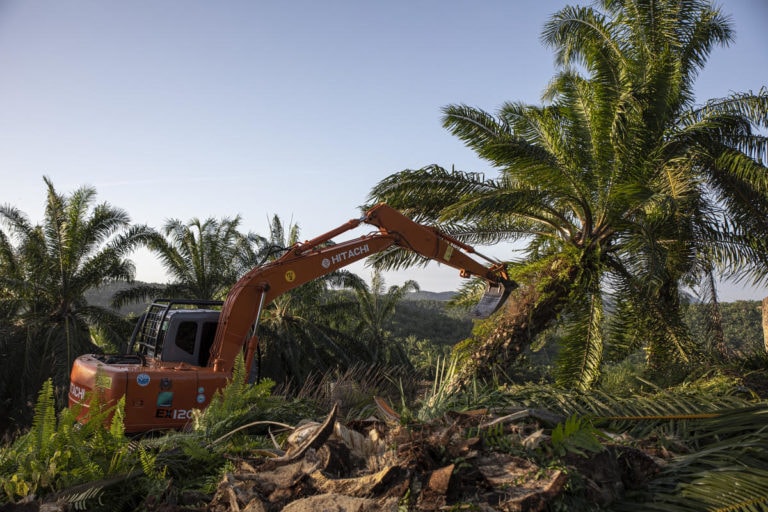
“We are failing in our moral duty to coexist with nature, threatening biodiversity to the extent that it poses grave risks to our health, economy and livelihoods,” Lambertini said. “Pandemics, wildfires, wildlife decline and climate change are all symptoms of our dangerously unbalanced relationship with the natural world.”
To counter this, WWF is appealing for a New Deal for Nature and People in the hopes of holding world leaders to their commitments of protecting biodiversity and rebuilding resilience to future crises. The deal outlines the urgent need to end the destruction of natural habitats, halt species loss, and, most importantly, half the footprint of our collective production and consumption.
Editor’s Note: The opinions expressed here by Impakter.com columnists are their own, not those of Impakter.com. — In the Featured Photo: A jaguar and its cub drinking water in the weir. Photo Credit: Carlos Eduardo Fragoso / WWF-Brazil


